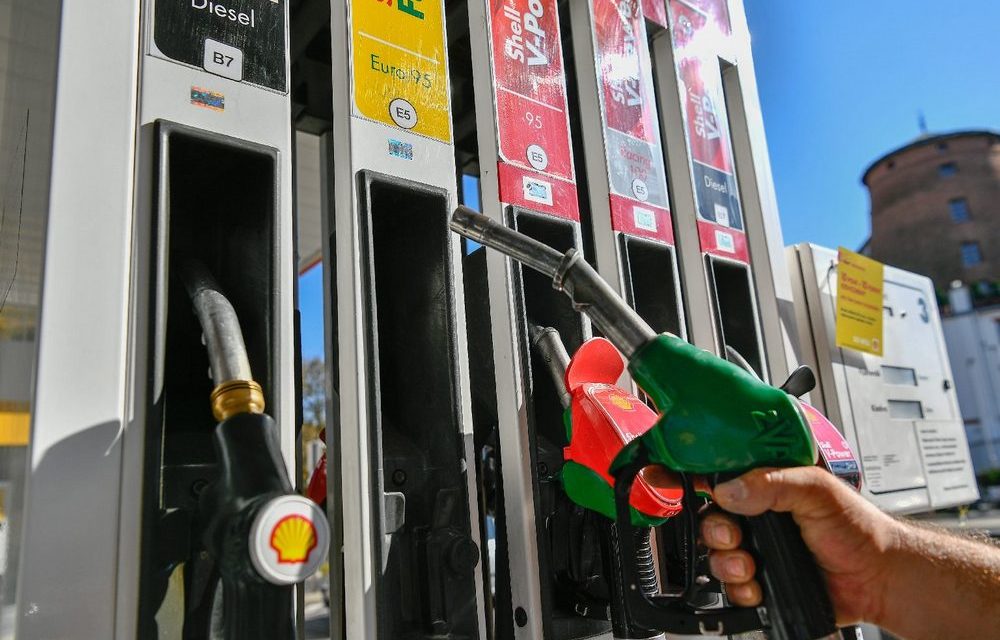In the case of a Russian oil embargo, the total economic loss could reach up to six billion euros.
The petroleum embargo against Russia may have a substantial negative economic impact in some EU member states, including Hungary. Our country imports almost sixty percent of its crude oil from Russia via the Friendship oil pipeline. As it turned out, two refineries of Mol were affected: the one in Száhahalombatta and the one in Bratislava. Both refineries can process Ural type crude oil. However, switching to alternative petroleum oils is quite expensive and time-consuming. According to Mol's calculations, the transition from Russia's Ural type (heavy) oil to Brent (light) oil type would involve significant costs ($400-500 million) and take approximately 2-4 years. From outside Europe, we can also consider the Adriatic, on whose pipelines we would be able to replace the entire lost volume in just half a year. It becomes clear that an immediate embargo would pose a risk to security of supply, and there would be a danger of a shortage of goods.
Hungary's annual diesel consumption is 4.6 billion liters and gasoline consumption is two billion liters. The country would not be able to replace more than thirty percent of this quickly, this would have unforeseeable consequences. The economy would inevitably react to such an immediate oil embargo with a significant reduction in consumption, which would lead to an immediate economic recession this year.
In the event of a Russian oil embargo, the sustainability of the HUF 480 fuel price cap would be significantly more difficult. Dependence on imports would increase significantly, security of supply would deteriorate. Furthermore, instead of a price cap of 480 forints, the price of gasoline would be almost 700 forints, and the price of diesel would be 800 forints per liter.
When exploring the economic effects, it is necessary to pay attention to how much prices domestic consumers would face and, as a result, how much consumption would decrease and, as a result, growth would be sacrificed in such a scenario. All of this would increase the total annual consumer inflation by 3.5-4 percentage points, while curbing economic growth by around 3-3.5 percentage points. All this would cause a loss of five billion euros in Hungary's GDP. This "economic loss" may be further increased by the transition costs of Mol's refineries and transport routes, which may reach one billion euros, so the total loss may reach six billion euros.
Source: Magyar Hírlap
Photo: MTI/Zsolt Czeglédi













